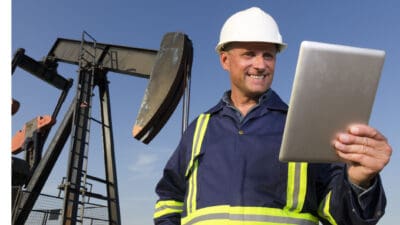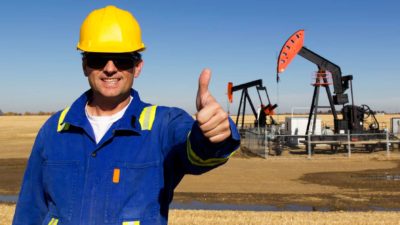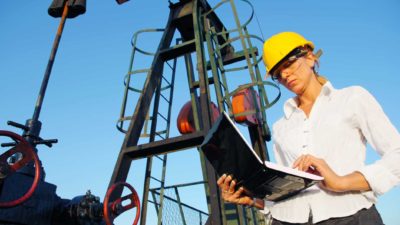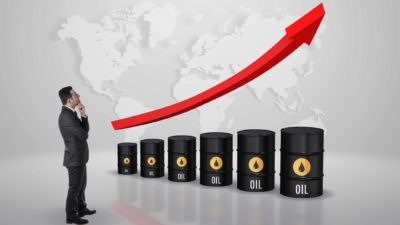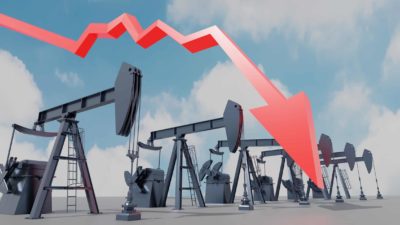Australia can play a "pivotal role" in the hydrogen export market, a handbook released by Australia and New Zealand Banking Group Ltd (ASX: ANZ) reveals. In what could spell good news for ASX hydrogen shares, the report says, "Australia is remarkably well-positioned to benefit from the growth of hydrogen industries and markets".
Last year proved to be a good one for ASX hydrogen shares, with five companies gaining more than 100% in 2021.
So what's the outlook for hydrogen? Let's take a look.
Clean energy opportunity
Hydrogen as a fuel source will be "key" to reducing carbon emissions in the economy, a foreword to the ANZ Hydrogen Handbook stated.
In comments signed off by ANZ chief executive Shayne Elliot, group executive Mark Whelan and managing director Christina Tonkin, the report said:
The rapid emergence of hydrogen as a low-emissions fuel source offers another pathway to achieving net-zero carbon. With its distinctive properties as an energy carrier, we believe hydrogen will be key.
With abundant wind and solar energy resources, Australia is well positioned to play a pivotal role in developing a hydrogen export market to key customers in Asia, in particular those in Japan, Singapore and South Korea. Our customers are clearly pursuing the commercial production of hydrogen to varying degree.
ASX hydrogen shares
Earlier this week, Goldman Sachs said the hydrogen market could be worth more than US$1 trillion ($1.4 trillion) by 2050 — and predicted Australia to play a major role in it.
One notable ASX hydrogen share is Fortescue Metals Group Limited (ASX: FMG) and its green energy subsidiary, Fortescue Future Industries (FFI).
The company last year announced plans to build a hydrogen-equipment manufacturing facility in Queensland. The Global Green Energy Manufacturing Centre, in Gladstone, will produce up to 2 gigawatts of electrolysers each year. Electrolysers split hydrogen from water and, if run on renewable electricity, are entirely carbon neutral.
Fortescue chair Andrew Forrest this week took aim at the Morrison government's assertion that coal and gas-generated hydrogen can be billed as 'clean'.
The Fortescue Metals Group share price closed yesterday at $22.28, up 3.97%. It is now up 16% this year to date.
With investors keen to jump on the green energy bandwagon, 2021 saw huge increases for some ASX hydrogen shares. The biggest gainer was Province Resources Ltd (ASX: PRL), which saw its share price skyrocket 1,300% last year.
Other ASX hydrogen shares that recorded big gains in 2021 include Sparc Technologies Ltd (ASX: SPN), Pure Hydrogen Corporation CDI (ASX: PH2), Environmental Clean Technologies Ltd (ASX: ECT), and QEM Ltd (ASX: QEM).
Three key openings
There are three major openings for Australia when it comes to clean hydrogen, ANZ executive director John Hirjee suggests.
The first is energy export. Hirjee commented Japan and South Korea need cleaner energy to meet their reduction targets. He believes clean hydrogen is ideal.
In a research paper forming part of the handbook titled 'Hydrogen — is it a lot of hot air?', Hirjee said:
This is a significant opportunity for Australia, given the potential for ample renewable energy and convertible fossil fuel reserves. However, the export industry is likely to take some years to develop to full-scale commercialisation.
The domestic economy is also a major opportunity for Australia, given hydrogen can power our cars, Hirjee stated. Finally, he believes green hydrogen production can help build energy system resilience.
While firmed renewable energy is the least capital intensive form of producing clean hydrogen, green H2 production can respond rapidly to variations in electricity production and contribute to frequency control in the electricity grid.
However, the commercialisation of hydrogen is not without its challenges, the report says. Electrolysis, the method used to produce hydrogen, is expensive. Once produced, hydrogen is difficult and costly to store and transport, due to the gas being highly flammable and volatile.
So what's the outlook for ASX hydrogen shares?
By 2050, hydrogen could power 400 million cars, 20 million trucks, and 5 million buses, Hydrogen Council forecasts cited in the report predicted.
Hydrogen is experiencing "unprecedented momentum" and is vital for a clean and secure energy future, the report noted.
ANZ believes Australia is "uniquely positioned" to become a leader in clean hydrogen. In a research paper forming part of the report, author Jessica Paterson summarised:
The proximity of Australia to the Asia Pacific region provides a key advantage for supplying Asian markets with H2, as other potential competitors could be disadvantaged by additional transport costs.
Furthermore, Australia can capitalise on its proven track record in energy exports such as LNG, especially to comparatively resource-constrained countries.



